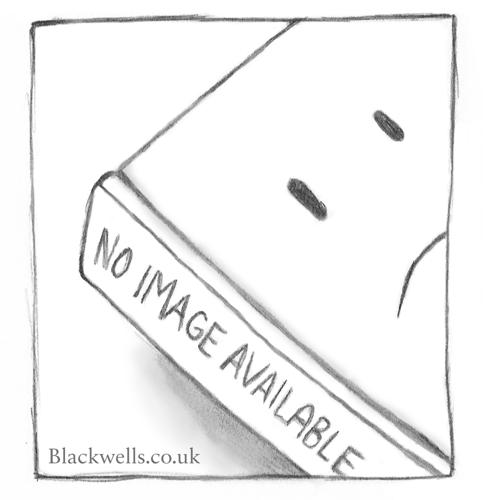Publisher's Synopsis
A Bombshell LESS my soul! I nearly forgot," exclaimed Colonel Jinks, as he came back into the store. "To-morrow is Sam's birthday and I promised Ma to bring him home something for a present. Have you got anything for a boy six years old?" "Let me see," answered the young woman behind the counter, turning round and looking at an upper shelf. "Why, yes; there's just the thing. It's a box of lead soldiers. I've never seen anything like them before"-and she reached up and pulled down a large cardboard box. "Just see," she added as she opened it. "The officers have swords that come off, and the guns come off the men's shoulders; and look at the--" "Never mind," interrupted the colonel. "I'm in a hurry. That'll do very well. How much is it?" And two minutes later he went out of the store with the box in his hand and got into his buggy, and was soon driving through the streets of Homeville on his way to his farm. No one had ever asked Colonel Jinks where he had obtained his title. In fact, he had never put the question to himself. It was an integral part of his person, and as little open to challenge as his hand or his foot. There are favored regions of the world's surface where colonels, like poets, are born, not made, and good fortune had placed the colonel's birthplace in one of them. For the benefit of those of my readers who may be prejudiced against war, and in justice to the colonel, it should be stated that the only military thing about him was his title. He was a mild-mannered man with a long thin black beard and a slight stoop, and his experience with fire-arms was confined to the occasional shooting of depredatory crows, squirrels, and rats with an ancient fowling-piece. Still there is magic in a name. And who knows but that the subtle influence of the title of colonel may have unconsciously guided the searching eyes of the young saleswoman among the Noah's arks and farmyards to the box of lead soldiers? The lad for whom the present was intended was a happy farmer's boy, an only child, for whom the farm was the whole world and who looked upon the horses and cows as his fellows. His little red head was constantly to be seen bobbing about in the barnyard among the sheep and calves, or almost under the horses' feet. The chickens and sparrows and swallows were his playmates, and they seemed to have no fear of him. The black colt with its thick legs and ruffled mane ran behind its gray dam to hide from every one else, but it let Sam pat it without flinching. The first new-hatched chicken which had been given to him for his very own turned out to be a rooster, and when he found that it had to be taken from him and beheaded he was quite inconsolable and refused absolutely to feast upon his former friend. But with this tenderness of disposition Sam had inherited another still stronger trait, and this was a deep respect for authority, and such elements of revolt as revealed themselves in his grief over his rooster were soon stifled in his little heart. He bowed submissively before the powers that be. From the time when he first lisped he had called his parents "Colonel Jinks" and "Mrs. Jinks." His mother had succeeded with great difficulty in substituting the term "Ma" for herself, but she could not make him address his father as anything but "Colonel," and after a time his father grew to like it. No one knew how Sam had acquired the habit; it was simply the expression of an inherently respectful nature. He reverenced his father and loved his father's profession of farmer. His earliest pleasure was to hold the reins and drive "like Colonel Jinks," and his earliest ambition was to become a teamster, that part of the farm work having peculiar attractions for him.
























